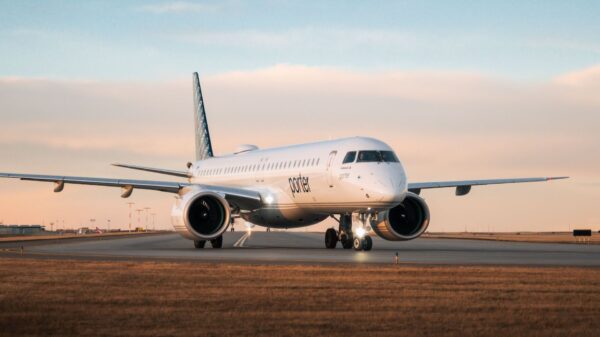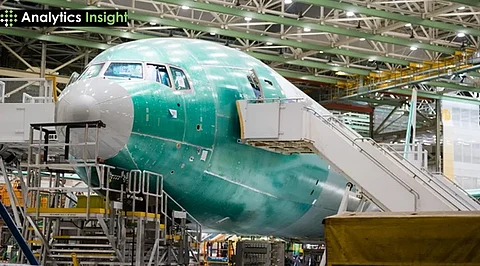Lufthansa intends to implement a significant restructuring program that includes cutting approximately 20% of its administrative staff, which translates to several thousand job losses. The decision comes as the airline grapples with financial challenges, including two profit warnings in 2024 and a nearly 20% decline in profits last year due to aircraft delivery delays and labor disputes. The company’s Chief Executive, Carsten Spohr, communicated the planned reductions to employees on Friday, emphasizing the need for the airline to become leaner in order to invest and compete effectively in the aviation market.
Shares of Lufthansa experienced a notable increase of 3.4% on Friday, reaching their highest level in over three weeks, following reports of the impending job cuts. Investors have long pressed the airline to take more decisive actions to enhance cost efficiency and improve overall performance.
Financial Pressures and Investor Expectations
Investor and analyst criticism has been a recurring theme for Lufthansa, which has faced scrutiny for not sufficiently reducing expenses and failing to expand its core operations. The airline has consistently missed its target of achieving an 8% operating margin by 2025, prompting concerns about its turnaround strategy. Research from Bernstein highlighted that despite operating fewer aircraft and flying less than in 2019, Lufthansa has increased its workforce by 7%. This discrepancy has led to heightened costs and diminished competitiveness in the industry.
The upcoming Capital Markets Day marks the first event of its kind in six years. Management is expected to present their “Matrix Next Level” restructuring program, which aims to streamline core operations such as sales, network planning, and loyalty programs in Frankfurt. This consolidation could reduce the decision-making independence of subsidiaries, including Austrian Airlines, Swiss, and Brussels Airlines.
Union Reactions and Challenges Ahead
The announcement of job cuts has already met with resistance from labor unions. Verdi, which represents numerous Lufthansa employees, has stated it will leverage upcoming collective bargaining rounds to contest any drastic reductions in the workforce. Union representatives argue that the proposed cuts are unacceptable as they stand. Labour disputes continue to pose a significant challenge for Lufthansa, with pilots engaged in ongoing negotiations over pension issues, raising the potential for further strike actions.
While centralizing management functions may enhance operational efficiency, aviation experts caution that executing these reductions in a socially responsible manner will prove difficult.
Lufthansa is also under competitive pressure, particularly from European rivals like Air France-KLM and the International Airlines Group, both of which have outperformed the German airline in profitability metrics. This widening margin gap adds urgency to Lufthansa’s restructuring efforts and cost-cutting initiatives. The firm hopes that new business operations, including partnerships with Discover and City Airlines, will provide greater flexibility in staffing and help decrease overall costs.
As the airline prepares to present its strategy and outlook to shareholders on Monday, convincing investors and analysts of genuine progress remains a crucial hurdle. The upcoming presentation will shed light on how Lufthansa plans to navigate these challenges while striving for improved operational performance.







































































